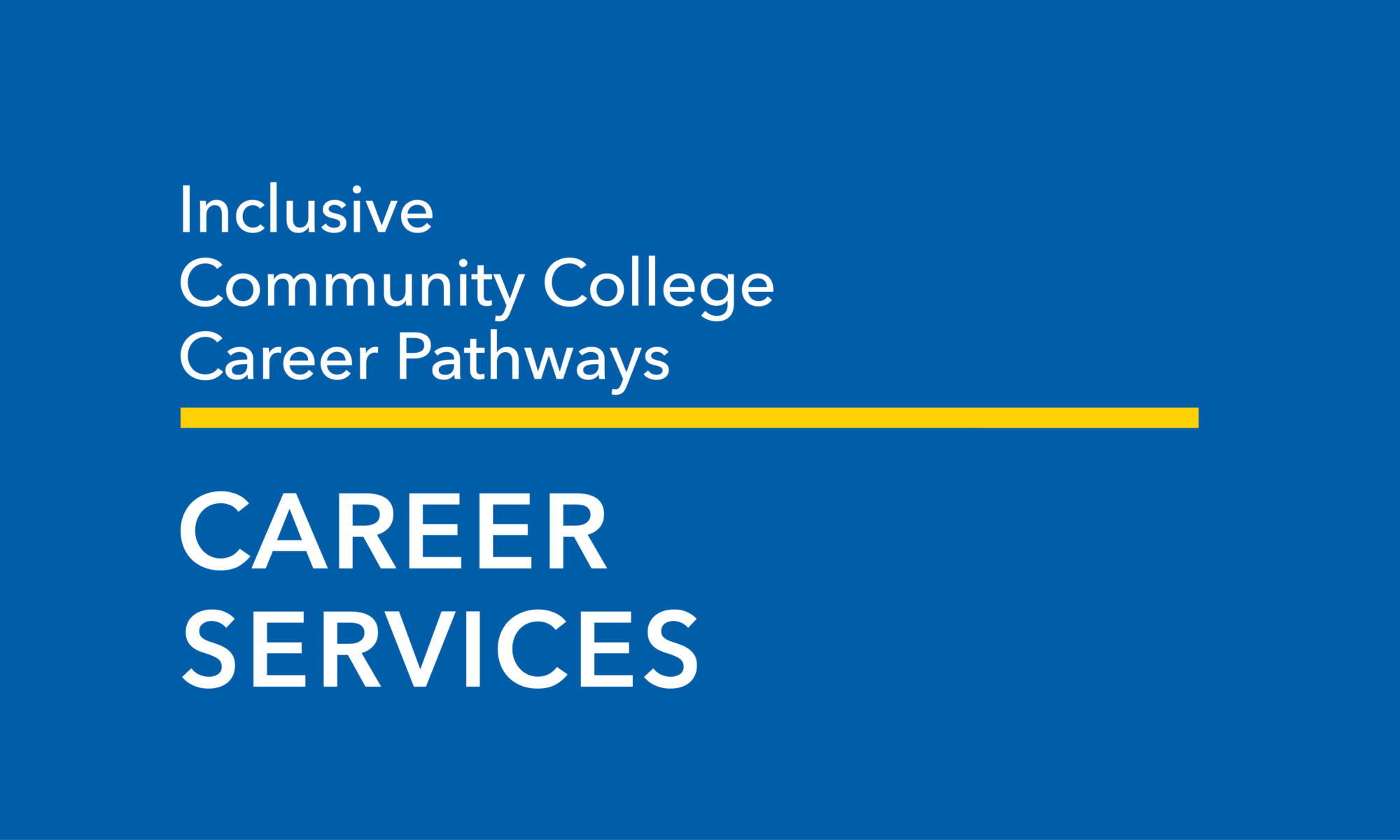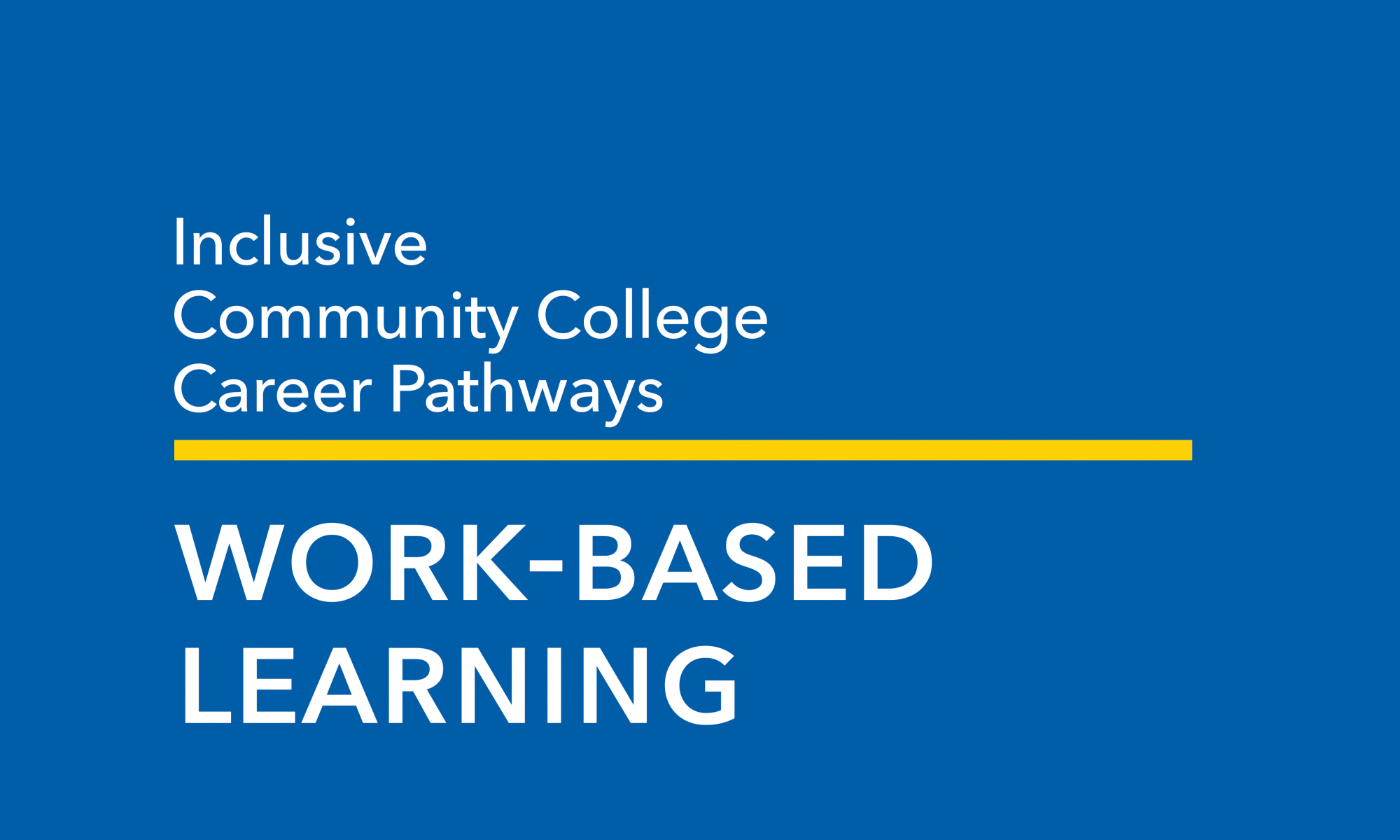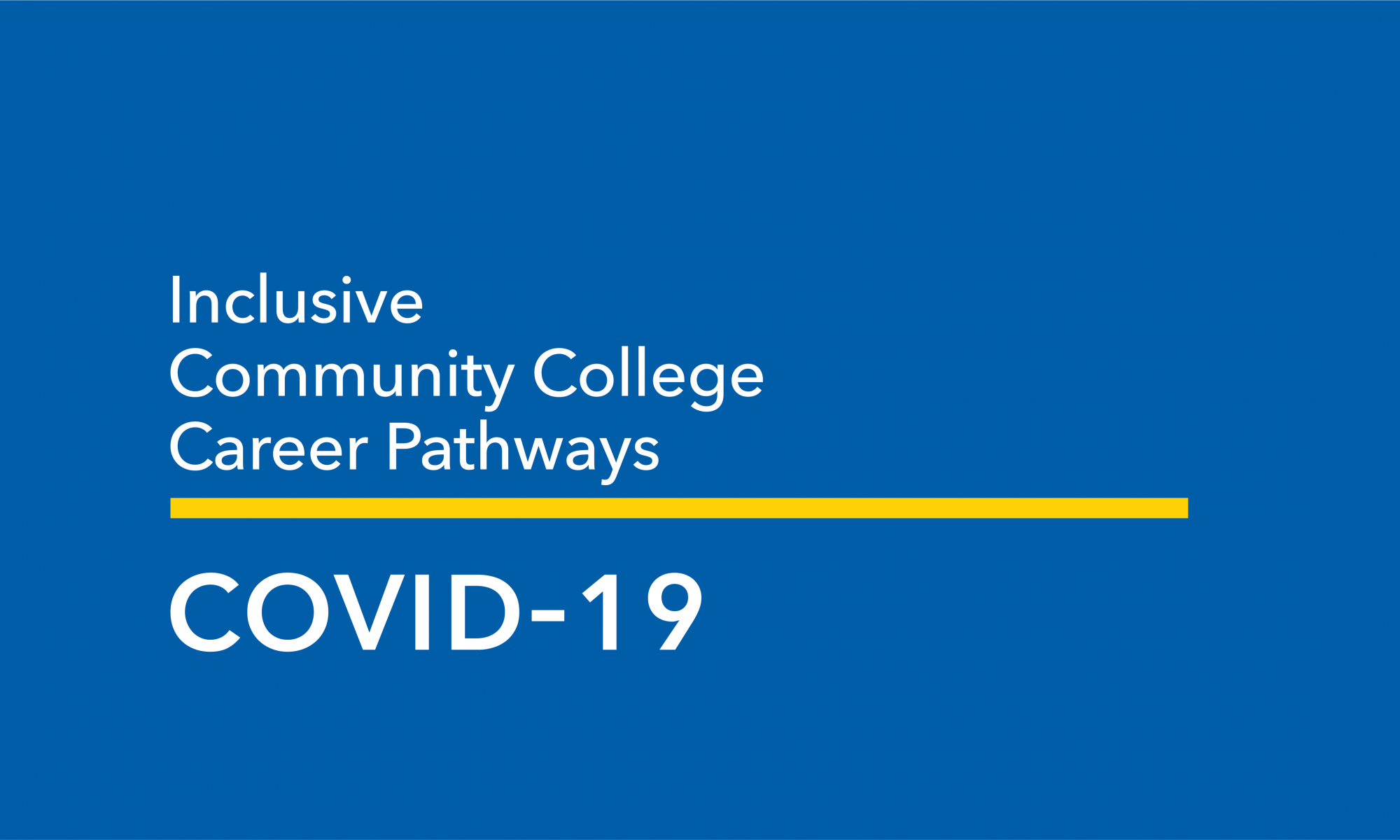By: Luke Byram, CAPE-Youth O’Connor Scholar Intern
January is National Disability Mentoring Month.
According to Partners for Youth with Disabilities Mentoring Director Kristin Humphrey, mentoring is a critical disability inclusion strategy that promotes positive academic, employment and independent living outcomes. Partners for Youth with Disabilities indicate that mentored youth:
- are more engaged in school,
- know more about their career options,
- raise stronger voices as self-advocates and
- find supportive communities more often.
The results of a 2014 study by MENTOR National show “that young adults who were at risk for falling off track but had a mentor were 130% more likely to hold leadership positions.” The same study shows that “mentored youth were 78% more likely to volunteer regularly and 90% were interested in becoming a mentor.” When youth have positive experiences with mentoring, they are more likely to become mentors themselves.
Students with disabilities benefit from work-based mentoring as much or more than their peers without disabilities. Work-based mentorship helps students with disabilities:
- clarify academic and career interests,
- fund education expenses,
- apply knowledge gained in the classroom,
- learn to navigate disability disclosure,
- develop interpersonal and job search skills, and
- network for employment after graduation.
Started in 2002 by MENTOR: The National Mentoring Partnership (MENTOR) and the Harvard T.H. Chan School of Public Health, National Disability Mentoring Month focuses national attention on how mentors create positive outcomes for youth with disabilities. It also shows that when everyone works together, mentoring efforts can make an even bigger impact in young people’s lives. National Disability Mentoring Month aims to:
- raise awareness of mentoring in its various forms,
- recruit mentors and
- recruit organizations to engage constituents in mentoring.
During National Disability Mentoring Month, national partners work with local leaders to organize special events in their communities and invite local media outlets and public officials to attend. These events also help engage adults who are interested in becoming mentors.
Every year, MENTOR holds an event called the National Mentoring Summit that brings together public and private-sector leaders who support the mentoring movement, including:
- youth leaders,
- government and civic leaders,
- practitioners,
- researchers,
- philanthropists,
- MENTOR Affiliates and
- supporting partner organizations.
The National Mentoring Summit is an opportunity for the mentoring movement to advocate for a policy agenda that strengthens mentoring programs and practices. The 12th Annual National Mentoring Summit will be held as a hybrid event from January 26-28, 2022, in Washington D.C.



